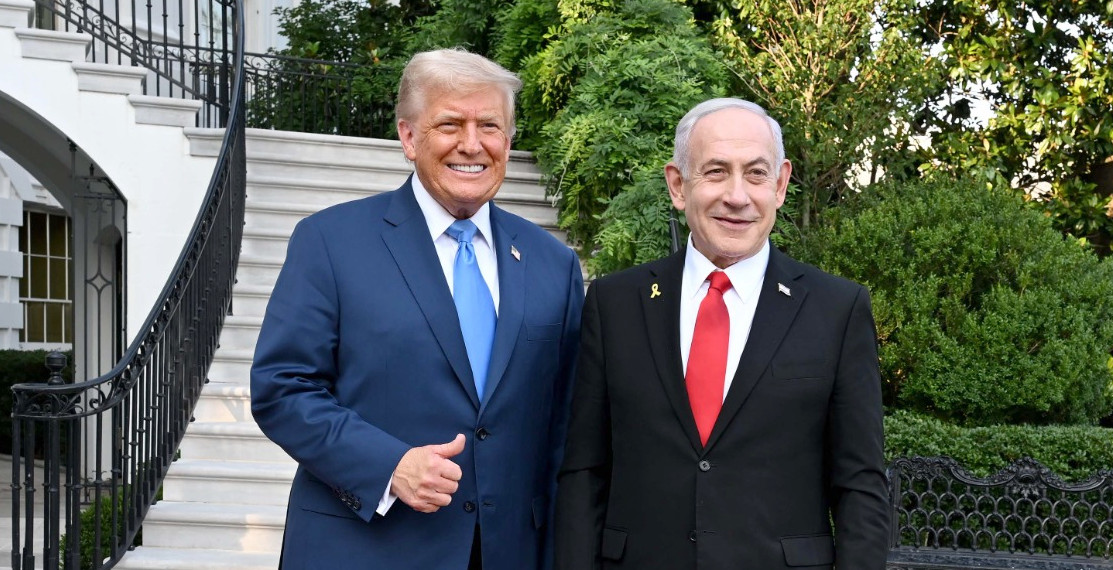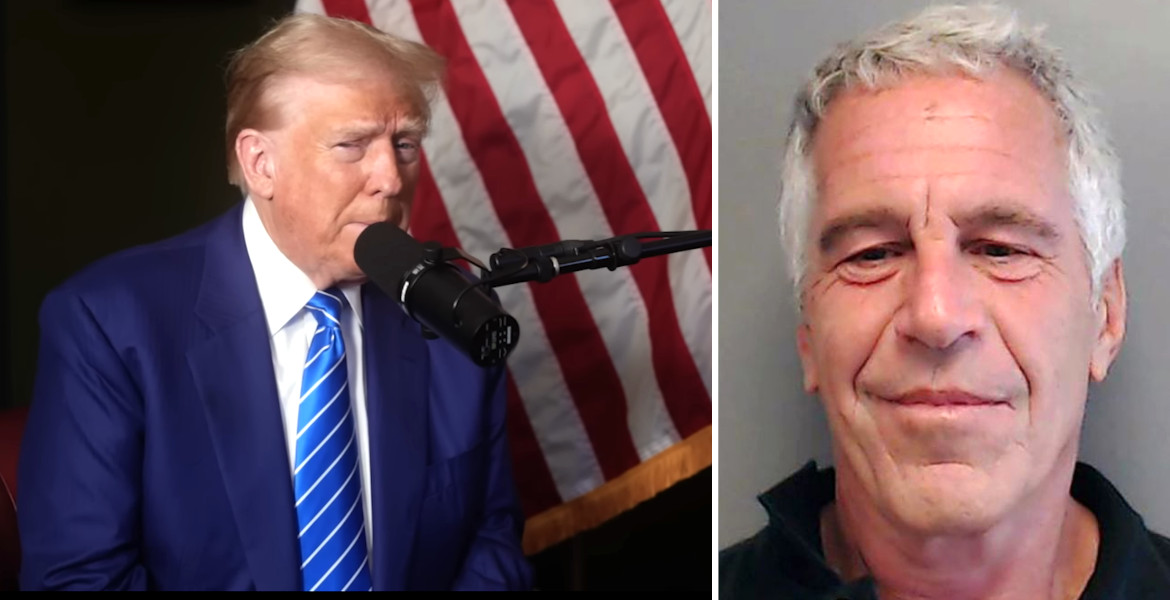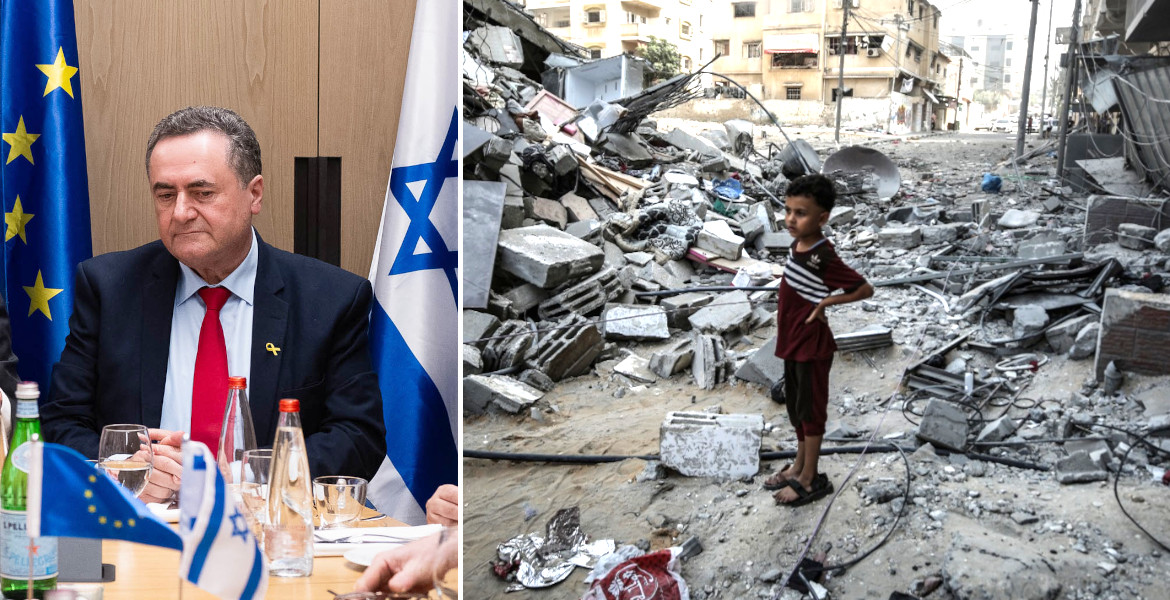Singapore’s recently resigned Prime Minister, Lee Hsien Loong, has expressed concern over the Western “woke” culture, and supports the resistance of Indian tech executives in particular to what they see as culturally imposed ideology by Western tech companies, reports Business Today India.
Lee Hsien Loong, in a recent interview with Channel News Asia, commented on the “Western woke culture”, which he says undermines community solidarity, according to Business India Today.
– In the West they’ve got a movement called Wokeness where you are super sensitive about other peoples issues… It leads to very extreme attitudes and social norms particularly in some academic institutions, universities, Lee Hsien Loong said.
Lee highlighted the problem with concepts such as creating safe environments, respecting preferred pronouns, and giving warnings before potentially offensive comments. He said that this movement can have a negative domino effect and lead to hypersensitivity.
– You become hypersensitive when others say things or mention things or refer to you, without the respect which you or your super subgroup feel you are entitled to.
Concerns about the power of tech giants
His comments coincided with Bhavish Aggarwal, CEO of Ola Cabs, criticizing LinkedIn and Microsoft for their woke policies.
Aggarwal has announced on social media that he plans to develop an Indian technology platform and move Ola’s operations away from Microsoft’s Azure cloud service, following a row over pronoun options on the politically correct job community LinkedIn.
Bhavish Aggarwal, Ola Cabs CEO, Warns of ‘Pronoun Illness’ Spreading in India After LinkedIn AI Bot Uses ‘They’ for His Profile Writeup@bhash https://t.co/zT8UFQTsvF
— LatestLY (@latestly) May 6, 2024
Bhavish Aggarwal expressed concern that Western tech companies could dominate and culturally influence India.
“I’m not against global tech companies. But as an Indian citizen, I feel concerned that my life will be governed by western Big Tech monopolies and we will be culturally subsumed as the above experience shows…I want to confront this forced ideology as a free-thinking Indian”, Aggarwal wrote on X.
Lee Hsien Loong concluded the interview by emphasizing the importance of continuing to attract foreign talent to Singapore, especially from prominent Indian institutions like IITs and IIMs.
– If I can get such a pool, come here and work here, it is a tremendous plus for us, he highlighted.
Facts about Ola Cabs
Ola Cabs (stylized as OLΛ) is an Indian transportation company that offers ridesharing services and operates other business lines such as financial services and virtual restaurants. The company is headquartered in Bangalore, Karnataka and operates in over 250 Indian cities.
A host of venture capitalists, including Softbank, have large stakes in the company. In January 2018, Ola expanded to its first overseas market, Australia, and launched in New Zealand in September 2018.
In March 2019, Ola began operations in the UK. In April 2024, it was announced that the company is exiting all international markets to focus on the Indian market.







